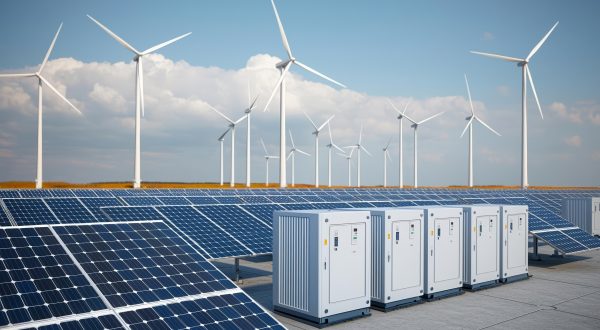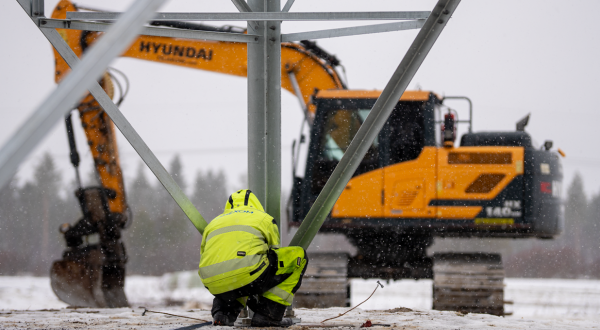
© MundusImages
This innovative and potent technology opens up new possibilities in the energy sector, especially with regard to decentralising networks.
The banking and financial sectors were the first areas impacted by blockchain, a breakthrough technology that enables transactions (sale, purchase, contract) without centralised control (by banks or any other intermediary) while reducing costs and speeding up the entire process. You can send money abroad quickly for example, with no banking charges, using bitcoin, the now well-known virtual currency that uses blockchain.
Blockchain may facilitate payment for recharging electric vehicles.
Given its abundant potential applications, blockchain has elicited great interest in the energy sector as well. That is what a study carried out by PwC – published in December 2016 and titled “Blockchain: an opportunity for energy producers and consumers?” – has concluded. Energy-industry interest in blockchain lies mainly in its use as a peer-to-peer electricity system. Blockchain can be used to bypass intermediary parties, including distributors, and sell energy directly to consumers.
Peer-to-peer and beyond
A pilot project in Brooklyn has shown the feasibility of a decentralised energy system. Since April 2016, residents in this New York borough, whose homes are equipped with solar panels, can sell their surplus electrical power to their neighbours using blockchain.
Energy-industry interest in blockchain, however, goes beyond creating a peer-to-peer electricity marketplace. In its study, PwC also describes the potential for developing automated systems for metering/processing/filing, billing, tracking the operational status of facilities, and assessing authenticity certificates (for example, for green electricity and CO2 emission allowances).
Smart contracts
Using blockchain technology would, for example, facilitate payment for recharging electric vehicles: the exact amount of electricity supplied would be automatically calculated and invoiced. This is the notion of smart contracts, which use blockchain technology to trigger transactions automatically whenever specific “if… then” criteria are met. Start-up Slock.it and German energy distributor RWE are attempting to develop a smart-contract approach to recharging electric vehicles.
Despite blockchain’s potential benefits, a number of problems, with respect for example to responsibility and safety, must be resolved before it can be widely deployed in the energy sector. Pascale Jean, a managing partner overseeing the energy sector at PwC, believes that it is too early to tell if blockchain will establish itself as a lasting presence in the energy sector. “This issue,” she adds, “doesn’t only depend on the system’s technical capabilities but also, and above all, on the regulatory and legal framework, the technology’s scalability and resilience, and its return on investment.”
07/06/2017


